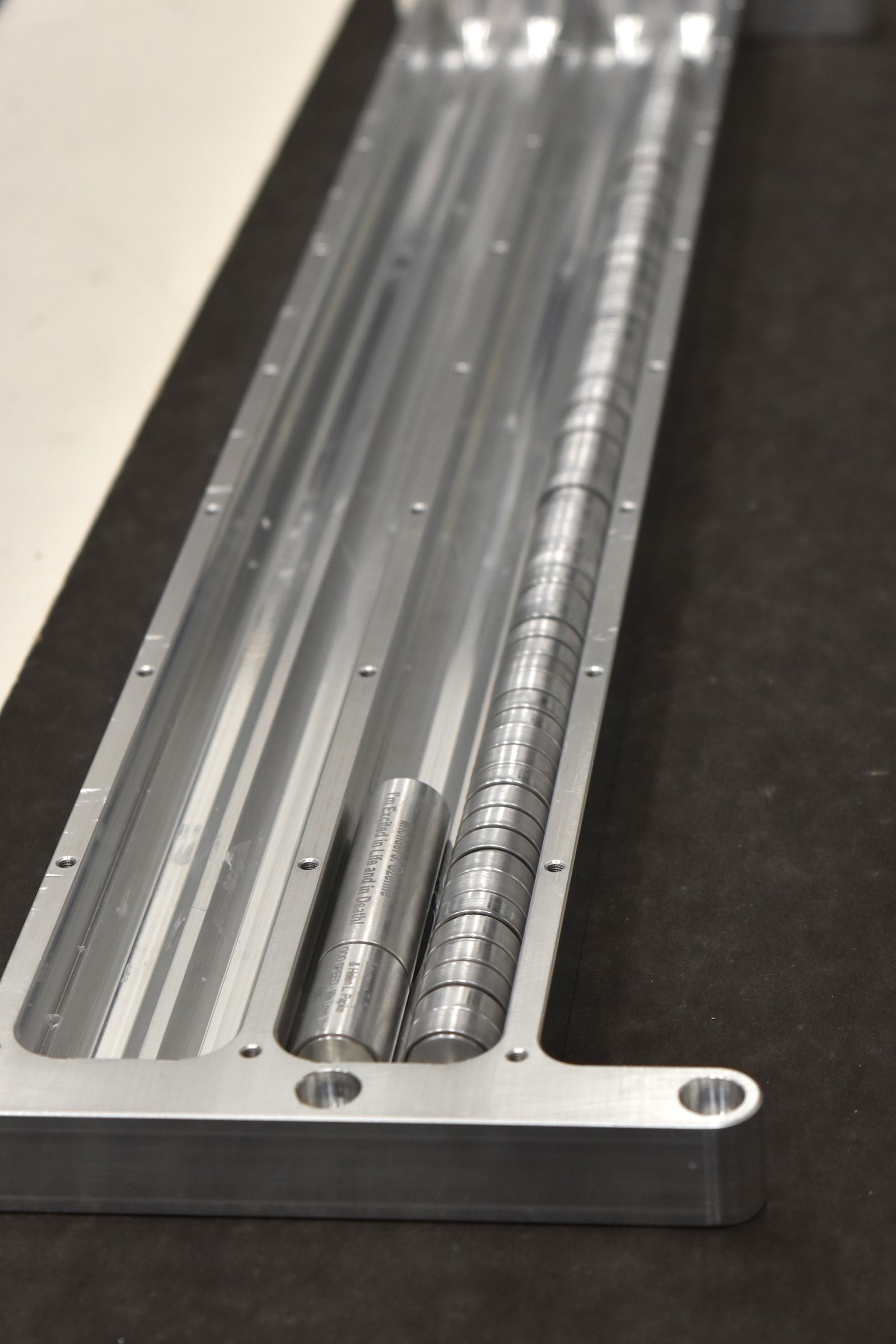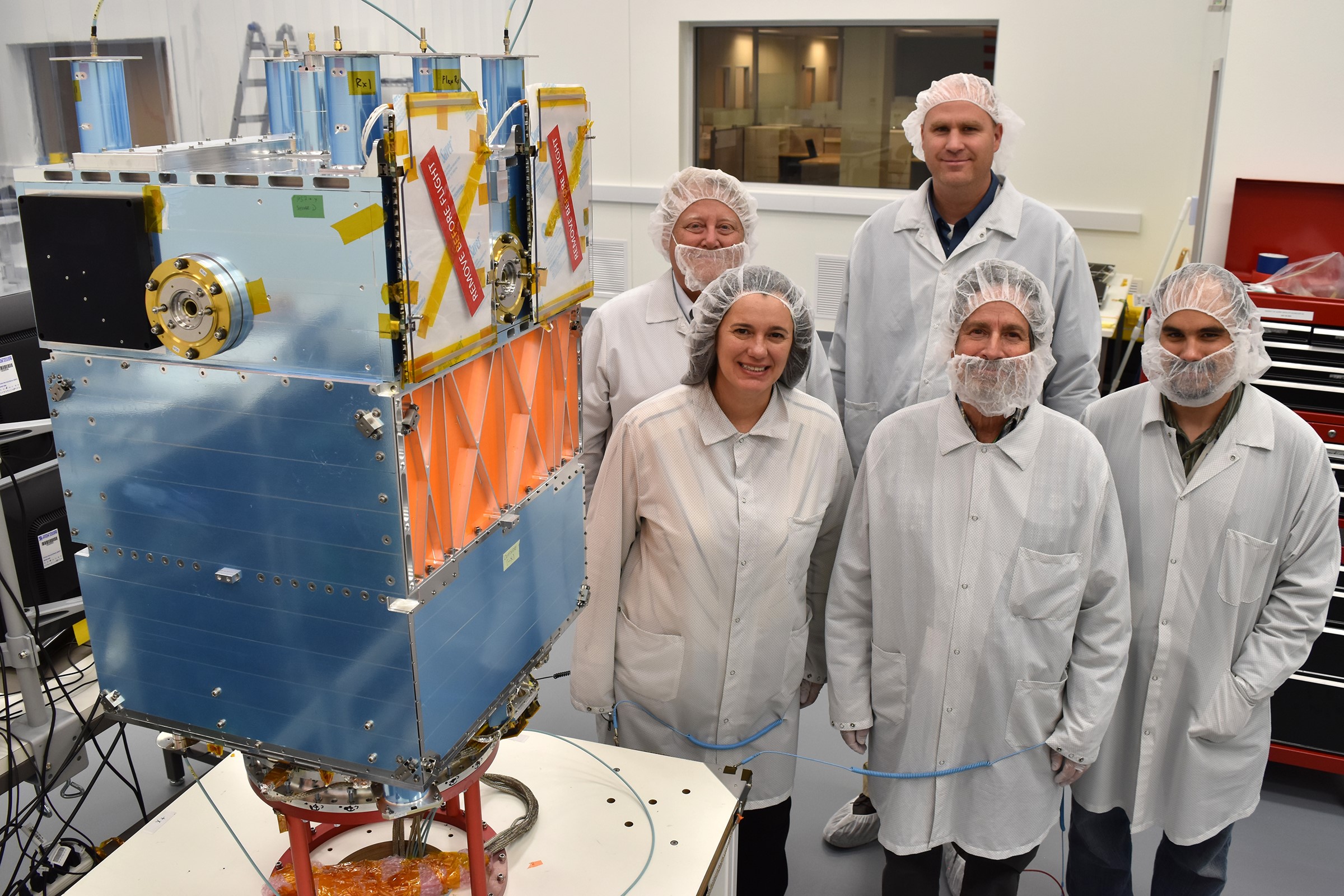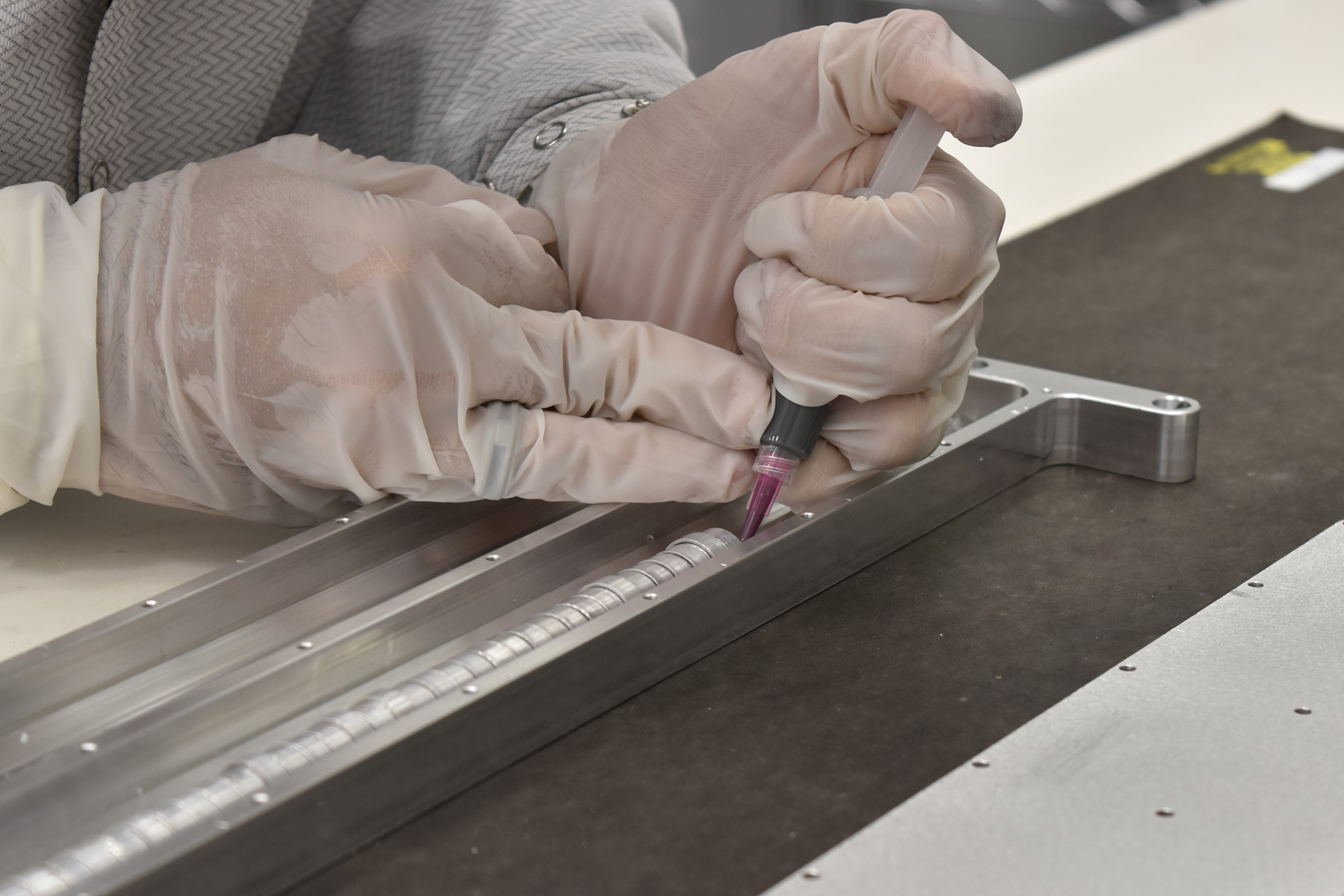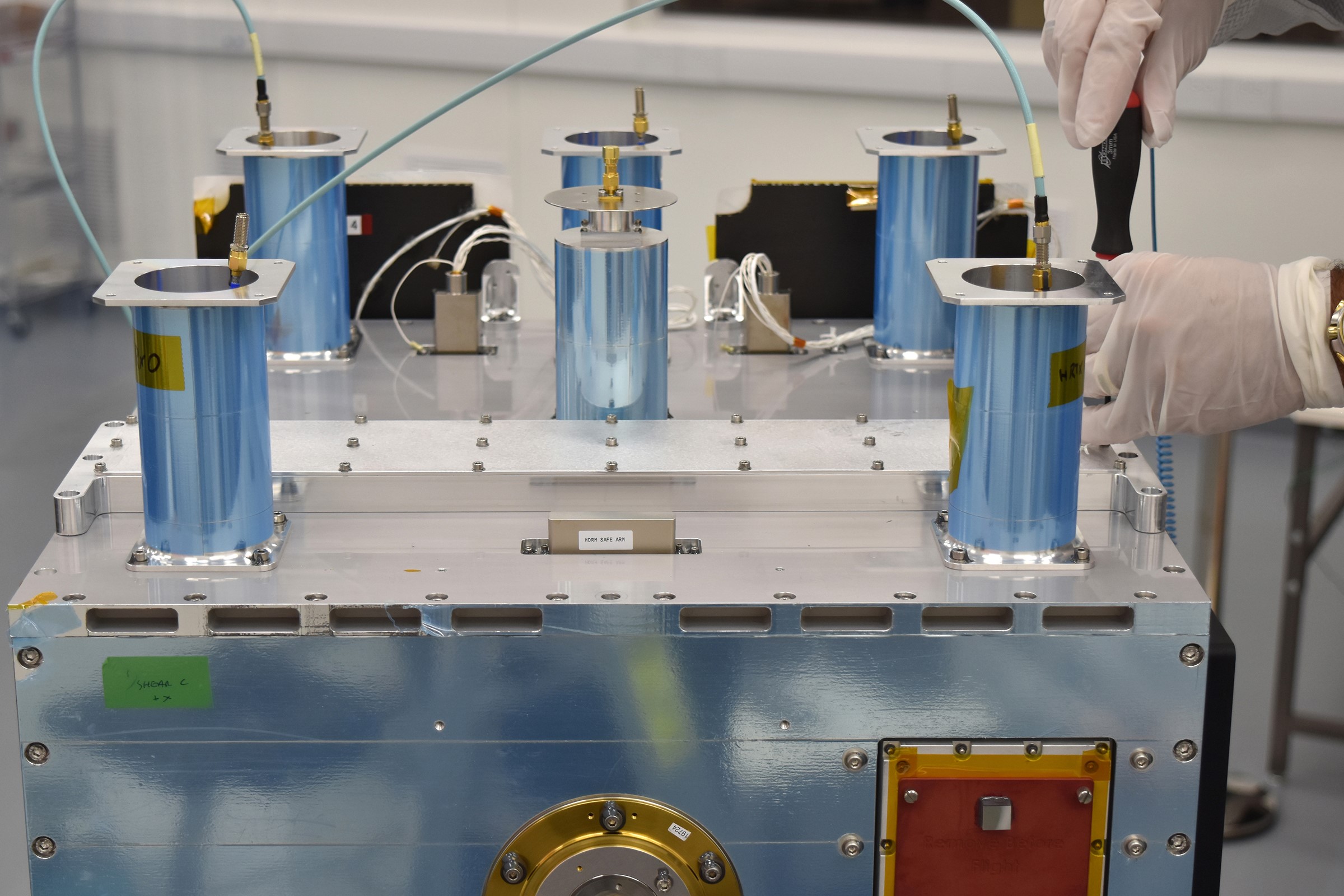Send Your DNA to Space and Back via New Service
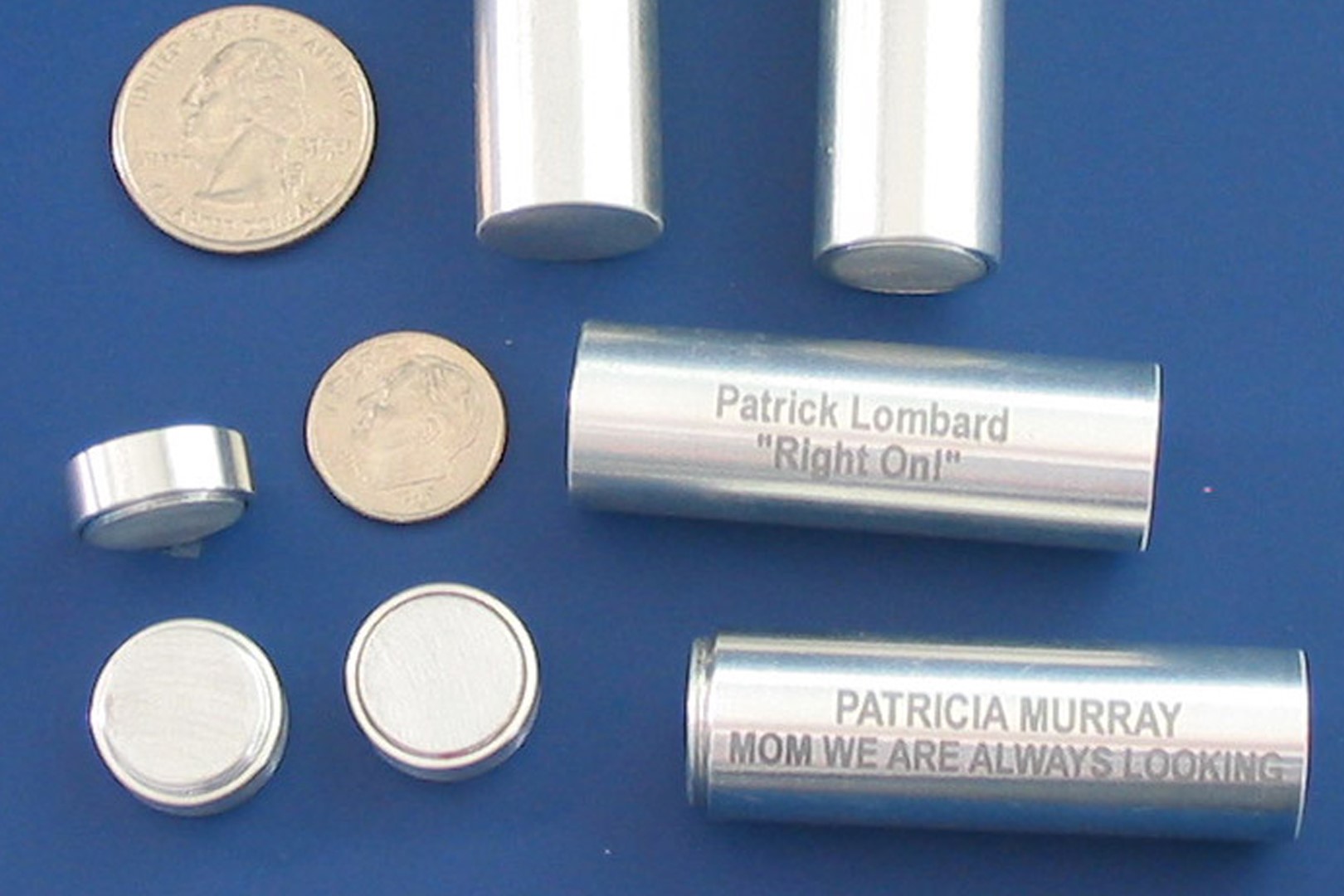
Breaking space news, the latest updates on rocket launches, skywatching events and more!
You are now subscribed
Your newsletter sign-up was successful
Want to add more newsletters?

Delivered daily
Daily Newsletter
Breaking space news, the latest updates on rocket launches, skywatching events and more!

Once a month
Watch This Space
Sign up to our monthly entertainment newsletter to keep up with all our coverage of the latest sci-fi and space movies, tv shows, games and books.

Once a week
Night Sky This Week
Discover this week's must-see night sky events, moon phases, and stunning astrophotos. Sign up for our skywatching newsletter and explore the universe with us!

Twice a month
Strange New Words
Space.com's Sci-Fi Reader's Club. Read a sci-fi short story every month and join a virtual community of fellow science fiction fans!
The company that sells launch services for cremated remains is offering a new way for you to send a bit of yourself or your loved ones to space — with the added bonus that you don't have to be dead to participate.
Houston-based Celestis on Friday (April 21) unveiled a new service that will put samples of DNA into space.
Company founder Charles Chafer said that flying genetic material is a way for people who don't choose cremation to participate in a memorial spaceflight. Another option is for the deceased's DNA to fly with the DNA of family and friends, whether living or deceased. [Ashes of Star Trek's 'Scotty' Ride Private Rocket Into Space]
The service will also provide a tangible, symbolic spaceflight experience for the living, and a way to put DNA into long-term storage off Earth. Prices range from $1,295 to $12,500, depending on where the DNA is sent. Prices range from $1,295 to $12,500, depending on where the DNA is sent. The company's website currently offers customers four flight options: a suborbital launch and return to Earth; a launch into Earth orbit, with eventual incineration during atmospheric re-entry; a flight to the moon (surface or lunar orbit); or a one-way journey beyond the moon.
"We launch approximately one gram, which is enough to contain the entire genome," said Celestis spokeswoman Pazia Schonfeld.
The DNA will be processed into a powder and packaged into a capsule that looks like a large watch battery.
Breaking space news, the latest updates on rocket launches, skywatching events and more!
Celestis has been sending small capsules of cremated remains to space since 1997. So far, the company has launched more than 1,200 capsules during 14 spaceflight missions, and more than 200 capsules are ready to fly, the company said.
So far, five people have signed up for DNA flight services, including Sarah Green, 38, of Winston-Salem, North Carolina. Green plans to fly some of her late father's DNA, along with some of her own.
"It's a cool way to take this journey through space and time together and honor him," Green told Space.com.
"My father was a science-fiction aficionado … and a huge "Doctor Who" fan," she said. "He had this philosophy about life, that money and things, they come and go, but time is our most precious resource."
"It's interesting, this notion of sending genetic material to space to expand the imprint of humanity," she added.
Celestis' first flight of DNA samples is slated to take off in September aboard a suborbital rocket launching from Spaceport America in New Mexico.
The company is working with Ontario's CG Labs to process DNA samples to turn them into flight-ready silicate powder.
"Throughout the history of the universe, DNA molecules have traversed space, perhaps seeding life throughout the cosmos," Chafer said in a statement.
"Humans have begun to contribute to this process [by] sequencing DNA aboard the International Space Station; testing DNA's ability to withstand re-entry into Earth's atmosphere on the exterior of a rocket; and transmitting the human DNA code to distant stars as part of interstellar radio transmissions," he said. "Now, we are pleased to offer the chance for anyone to join these … missions of purpose."
Follow us @Spacedotcom, Facebook and Google+. Original article on Space.com.
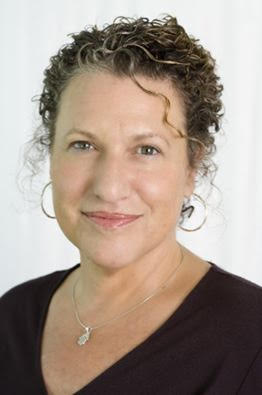
Irene Klotz is a founding member and long-time contributor to Space.com. She concurrently spent 25 years as a wire service reporter and freelance writer, specializing in space exploration, planetary science, astronomy and the search for life beyond Earth. A graduate of Northwestern University, Irene currently serves as Space Editor for Aviation Week & Space Technology.
